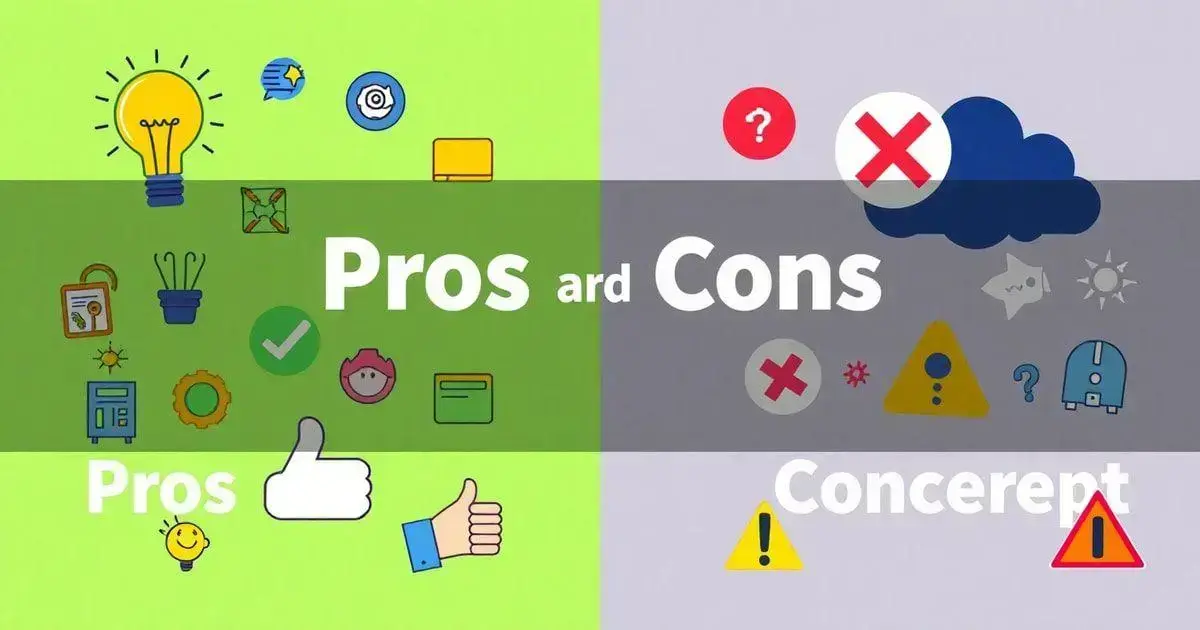Financial freedom vs financial independence—these terms often get mixed up, but they mean different things. Financial freedom is living without financial stress, while financial independence means having enough income to support your lifestyle without a job.
Both require smart budgeting and planning, but one focuses on freedom from debt, while the other offers security through passive income.
Want to know which path suits you best? Keep reading to learn how to get there.
Understanding Financial Freedom
Understanding financial freedom is about having the ability to live life on your own terms, without financial stress. It means not worrying about how to pay bills or make ends meet. Achieving financial freedom involves managing your income, maximizing savings, and creating multiple income sources.
People often confuse Financial freedom vs financial independence, but it’s more about your mindset and financial habits. Building a budget, tracking your expenses, and planning for the future are essential steps toward this goal.
With financial freedom, you can enjoy the experiences and activities you love without the burden of debt or worrying about money.
Defining Financial Independence
Defining financial independence means having enough savings and income to live comfortably without being reliant on traditional employment. It is the state where you can sustain your lifestyle through various income streams, including investments, rental properties, or businesses that generate cash flow.
Financial freedom vs financial independence allows you the freedom to make choices, whether that means retiring early, pursuing passions, or simply having a more flexible lifestyle.
To achieve this, one must focus on building wealth, reducing expenses, and investing wisely. It often involves meticulous budgeting, setting financial goals, and having a plan for long-term growth. By creating passive income streams, individuals can free themselves from the constraints of the nine-to-five routine and truly enjoy life.
Key Differences Explained
Financial freedom typically refers to having the ability to live a comfortable life without financial restrictions. This often means eliminating debt, having a solid savings plan, and being able to cover everyday expenses without stress.
On the other hand, financial independence is about having enough wealth to support your lifestyle without needing a traditional job. This status is reached when your passive income, such as rental or investment income, covers your living expenses.
Recognizing these differences can help you set tailored financial goals, allocate resources wisely, and create a clear roadmap toward achieving your personal definition of success.
Pros and Cons of Each Concept

Financial freedom allows individuals to enjoy a worry-free lifestyle. It provides the ability to make choices based on desires rather than financial constraints. However, it often requires careful budgeting and planning.
On the flip side, financial independence grants you the luxury of sustaining your living expenses through passive income. This means you’re not tied to a job, increasing your flexibility and life choices. Yet, reaching this stage can take considerable time and effort.
By understanding both sides, individuals can better assess what they truly want and create a tailored strategy to achieve their financial dreams.
Steps to Achieve Financial Freedom
Achieving financial freedom vs financial independence isn’t an overnight process; it takes dedication and smart planning. Here are some key steps to guide you. First, create a budget to understand your income and expenses. This will help you identify areas where you can save more.
Next, focus on eliminating debt; high-interest debts can significantly hinder your financial progress. Consider using methods like the snowball or avalanche approach for effective debt repayment.
After that, establish an emergency fund with at least three to six months’ worth of expenses to handle unexpected costs. Once you have some savings, begin investing in assets that can grow over time. This may include stocks, retirement accounts, or real estate.
Continuous education on financial management is crucial, so consider taking courses or reading books. Lastly, reassess your goals regularly and adjust your financial plans to stay on track.
Steps to Achieve Financial Independence
To achieve financial freedom vs financial independence, there are several important steps to consider. First, create a clear plan by evaluating your current financial situation. It is crucial to know your income, expenses, and debt levels.
Next, set specific, measurable, and attainable goals. This can include saving a certain amount each month or paying off a specific debt.
Once your goals are in place, focus on budgeting. A solid budget can help you allocate funds for savings and investments while keeping your expenses in check.
Another essential step is to increase your income through side jobs or investments. This additional cash flow will assist in reaching your financial targets more quickly.
Lastly, stay informed about various investment options such as stocks, bonds, or real estate. Building a diversified investment portfolio can significantly contribute to your financial independence.
Common Myths Debunked
There are many common myths surrounding financial freedom vs financial independence that can mislead people. One myth is that you need to be wealthy to achieve financial freedom.
In reality, it is about managing your money wisely, regardless of your income level. Another myth is that financial independence is only for the wealthy. Many people reach this state through careful planning and disciplined saving over time.
Another misconception is that you must sacrifice fun and leisure to save money. In truth, achieving financial goals can be balanced with enjoying life by setting priorities. Some also believe that any job will suffice to reach financial independence.
However, meaningful work that supports your financial goals is essential. By debunking these myths, individuals can better grasp what it takes to achieve true financial success.
Conclusion: Which Path to Choose?

Deciding between financial freedom vs financial independence is a matter of personal preference and life goals. Both paths offer unique advantages and can lead to a fulfilling life with less financial stress.
Financial freedom provides daily peace of mind and the ability to enjoy life without worrying about bills. In contrast, financial independence allows you to make choices based on what you want rather than what you have to do for money.
Carefully consider your values, your current financial situation, and where you want to be in the future. Whichever path you choose, remember that both require planning, dedication, and a clear vision to succeed.
Financial Freedom vs Financial Independence: Which Path to Choose?
Deciding between financial freedom vs financial independence is a matter of personal preference and life goals. Both paths offer unique advantages and can lead to a fulfilling life with less financial stress.
Financial freedom provides daily peace of mind and the ability to enjoy life without worrying about bills. In contrast, financial independence allows you to make choices based on what you want rather than what you have to do for money.
Carefully consider your values, your current financial situation, and where you want to be in the future. Whichever path you choose, remember that both require planning, dedication, and a clear vision to succeed.


